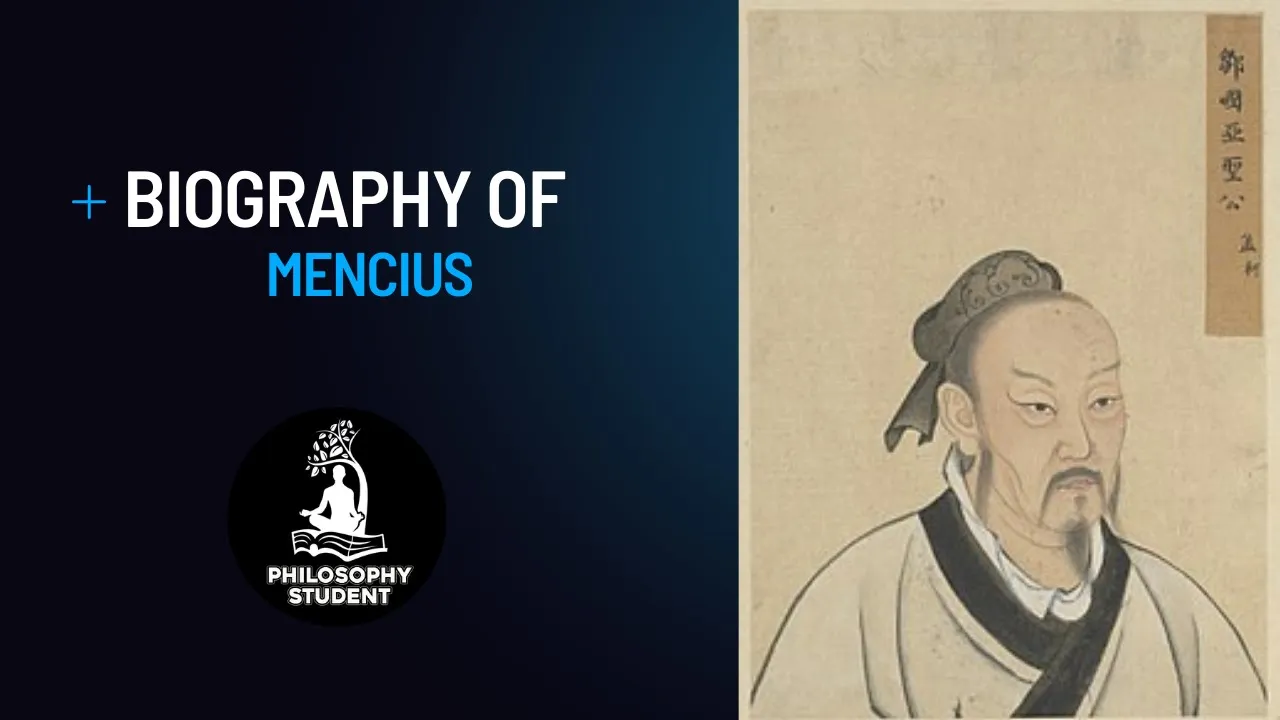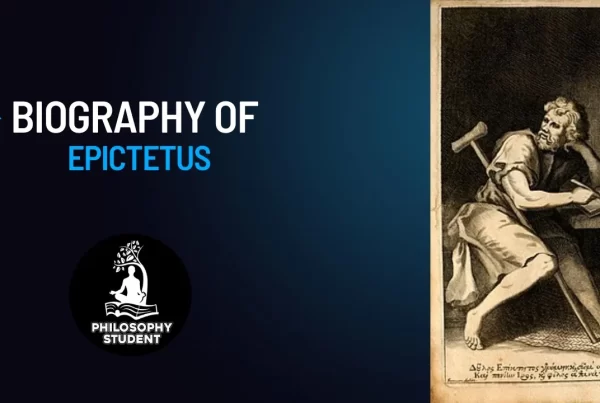Considered by many the “Second Sage,” after Confucius, his intellectual progenitor, Mencius was a counselor during the Warring States period of Chinese history (475-221 BC) and is best known for his theory that human beings are essentially good, but that their goodness requires deliberate cultivation. His political philosophy was founded on a concept of servant leadership by which rulers had always to justify the legitimacy of their authority through benevolence toward their subjects.
Mencius, whose birth name was Mengzi or Meng Ke, was born in 372 BC in Zou (modern Zoucheng, Shandong, China) and earned a reputation as a traveling interpreter of Confucianism. He was a government official in the State of Qi from 319 to 312 BC but retired from public life when he came to believe that his counsel had no effect on the world around him. He died in 289 BC and is buried in “Mencius Cemetery” near the city of Zoucheng.
Mencius’ philosophical writings cover three broad areas: theodicy, government, and human nature.
Mencius’ theodicy, his vindication of God’s goodness in the context of the existence of evil, tracks closely with that of Confucius. Tian (God) links the deity with both fate and nature and can be used to justify aspects of rule. As Mencius conceives it, Tian is both extrahuman and absolutely powerful. Aligned with the morally good, Tian nevertheless relies on human beings to manifest its will on earth. This is the basis of Mencius’ justification of the ways of Tian to man.
Mencius’ philosophy of government flows from his theodicy. Earthly rulers are the human agents of the will of Tian. This said, the satisfaction of the people is the earthly measure of a ruler’s legitimacy—the source of his moral right to rule. This position, however, is compatible with a government presided over by a benevolent despot.
In terms of human nature, Mencius believed that its essence was goodness, which he defines in three philosophical dimensions: teleology, theory of virtue, moral psychology.
In teleological terms, Mencius sees human nature as motivated by empathy, the existence of a consciousness that feels for others. He bases this assumption on experience and reason. The distress of a child, he notes, is almost invariably answered by selfless aid from adults. This demonstrates the quality of empathy. He reasons that, in the absence of empathy, a person is not human.
Empathy—the “heart-mind” that feels for others—produces four cardinal virtues: sympathy, shame, deference, and judgment, which give rise to the “sprouts” of co-humanity, rightness, ritual propriety, and wisdom. His explanation is a compound of a kind of physiology of vital energy (qi) and mysticism, which may have been related to a yoga-like meditative regimen of positive self-cultivation aimed at developing one’s heart-mind. Through its proper development, Mencius asserts, one comes to know one’s own nature and, through this self-knowledge, comes to know Tian.




































